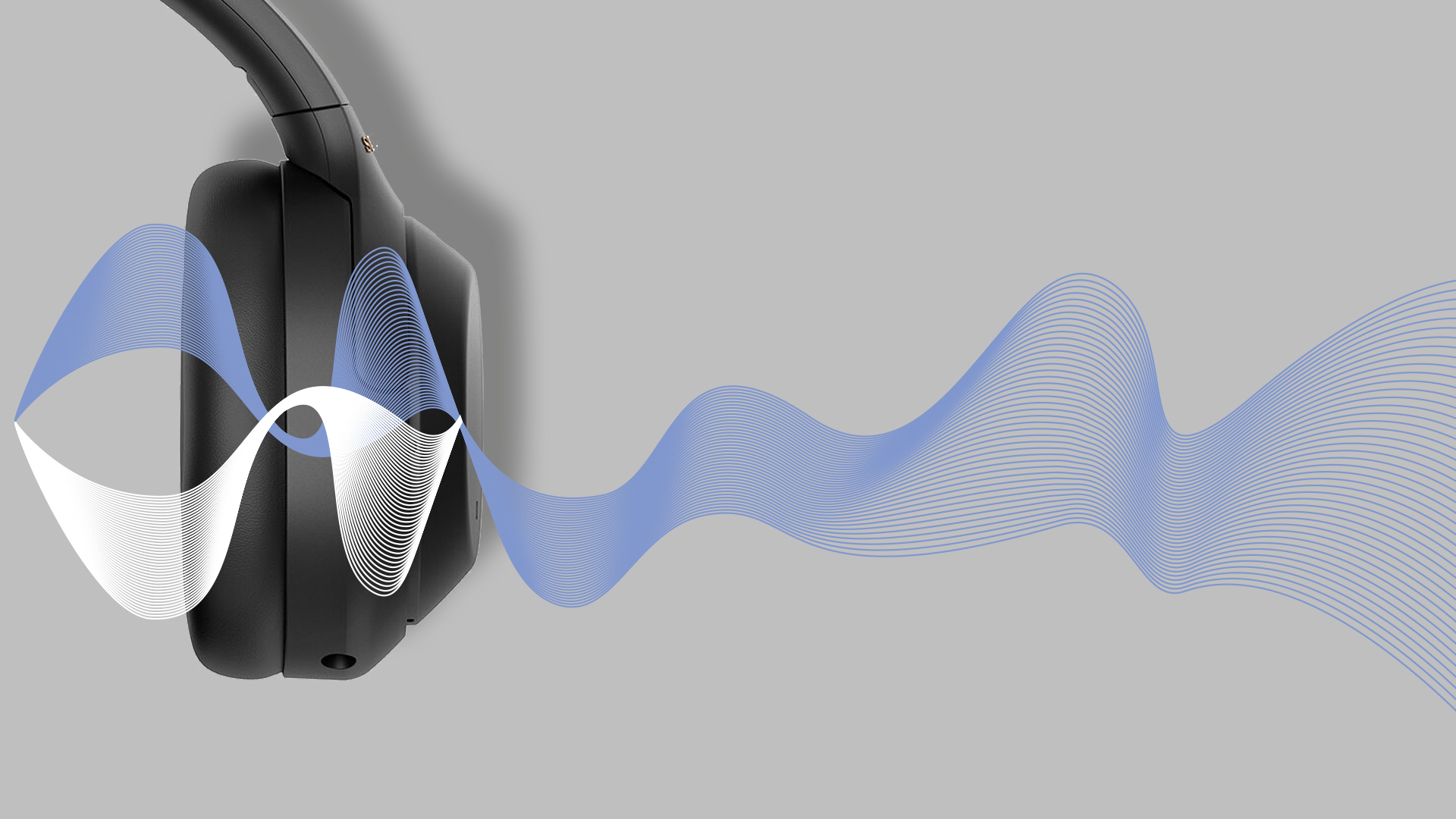
Noise cancelling earphones are devices that help block out outside distracting noise such as airplanes, loud music, or screaming children. Sometimes they are also dubbed sound-isolating earphones, and they work by actively reducing excessive ambient sounds via a small microphone in each ear cup that measures sound levels and then plays back a high-pitched sound wave of the same frequency but inverted polarity. The result is that both live sounds and background noises are diminished. Noise cancelling headphones are usually reserved for travel because it’s hard to be productive when you’re constantly being distracted by screams from babies in the airplane row behind you.
Health benefits of noise canceling earphones
1. Noise cancelling earphones are useful for noise-sensitive sleepers
Although there are now much noise cancelling headphones available on the market, a simple but effective solution has been to build some sort of soundproofing into conventional headphones (longitudinally) design. While this doesn’t sound much, it greatly lessens ambient sound while allowing you to hear your music clearly. In the same way that earplugs can help keep noise exposure at a manageable level for someone trying to fall asleep, so can noise cancelling earphones that have been tuned specifically to reduce noise.
2. Noise cancelling earphones are helpful when working out
The technology noise canceling earphones use to reduce sound works on the principle of “masking” by simply blocking sound. But because this process is based on technology already widely used in audio amplifiers and home speakers, it allows you to listen to music without being distracted by the outside world or even by one’s thoughts. Moreover, because the blocking action of the noise-cancelling system is based on the combination of a material’s acoustic properties and its physical design, it can be tuned for certain levels of attenuation in different environments, like an office versus an airplane versus a busy street.
3. Noise cancelling earphones are a cost-effective alternative to noise-cancelling headphones
Because noise cancelling earphones don’t need to use active noise cancellation circuitry, they can be built more affordably. Noise cancellation earphones, however, do not have the benefit of an external power source, so they are not as effective in blocking out all sounds. Noise-cancellation earphones require a very good seal for them to work properly- but this can make them uncomfortable to wear for long periods.
4. Noise cancelling earphones may help to improve concentration
Active noise-cancellation technology works by muting annoying sounds. However, because it does not alter the frequency spectrum of sound, it can also help dampen the resonance of certain frequencies, leading to an improved audio experience. The downside is that wearing headphones in public places can signal that you are not interested in social interaction, but if you’re just trying to drown out the loud talking on the subway, they can certainly be helpful.
Bottom line
Noise cancelling earphones are meant for travel, but many people use them for day-to-day purposes. You may consider using them if you need to focus and hear your music. Otherwise, noise-cancelling earphones are better than nothing if you don’t want to completely block out the world around you. Noise cancelling headphones utilize all the technology in noise-cancellation earphones, but they also use active technology to cancel out background noise, such as that produced by airplane engines.
